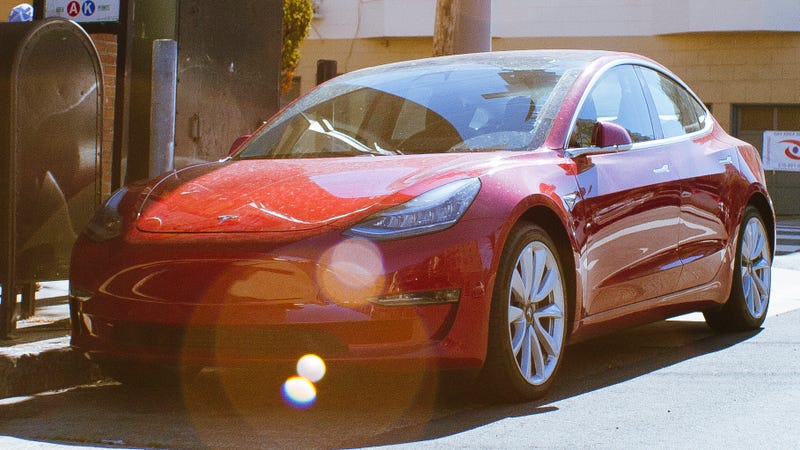
In a June 2017 meeting with Tesla employees, CEO Elon Musk solicited their complaints about safety issues and promised to address their concerns, so long as they refrained from trying to organize a union, the National Labor Relations Board alleges.
The new claims emerged last month as a trial got underway over a complaint filed against Tesla by the NLRB, a government agency tasked with enforcing U.S. labor laws.
In a June 4 filing, the NLRB sought to amend its complaint to include allegations about Musk that dated to a meeting with an unspecified group of Tesla employees held the previous year in a conference room at the automaker’s assembly plant in Fremont, California.
During the June 7, 2017, meeting, Musk allegedly solicited employees complaints about safety issues, and “impliedly promised to remedy their safety complaints if they refrained from their union organizational activity,” the NLRB said.
Advertisement
The NLRB goes on to allege that Musk informed employees “it would be futile for them to select a union as their bargaining representative by telling them that employees did not need a union and that [Tesla] would allow them to have a union if [Tesla] failed in its efforts to remedy their safety grievances.”
Musk has made his disdain toward the United Auto Workers’ two-year union campaign at Fremont well known, but publicly he’s even gone so far as to call for workersto hold a unionization vote. The NLRB’s latest allegation appears to be the first documented claim of the CEO directly appealing to workers to refrain from organizing activity.
Advertisement
A Tesla spokesperson had no immediate comment. The NLRB and UAW didn’t respond to requests for comment.
In its filing, the agency said Musk’s statements violated sections 8(a)(1) of the National Labor Relations Act, which says “It shall be an unfair labor practice for an employer to interfere with, restrain, or coerce employees in the exercise of the rights guaranteed” to organize a union.
Advertisement
“For example, employers may not respond to a union organizing drive by threatening, interrogating, or spying on pro-union employees, or by promising benefits if they forget about the union,” according to the NLRB’s website.
The definition of an “unfair labor practice” is further spelled out on the NLRB’s website, and includes creating “the impression that you are spying on employees’ union activities,” promising “employees benefits if they reject” a union, and conveying “the message that selecting a union would be futile.”
The NLRB also alleges that during the same June 2017 meeting, Gaby Toledano, Tesla’s chief people officer, said that “no one” at Fremont “wanted a union” and asked them “why employees would want to pay union dues.”
Advertisement
Tesla has denied the NLRB’s accusations in the past that it discourages union efforts at Fremont. In court, Tesla sought to have the NLRB’s allegation about the 2017 meeting dismissed, pointing out in a June 11 filing that Musk’s alleged remarks weren’t included in any of the previous charges levied by the agency or the UAW. Therefore, Tesla claims, the NLRB has no jurisdiction over the allegations.
“Even if the [NLRB’s] General Counsel could somehow prove these allegations at trial (he cannot), the jurisdictional defect is incurable,” Tesla says in the filing.
“Accordingly, in the interest of judicial economy and avoiding the prejudice resulting to Tesla should it be forced to defend allegations that are insufficient as a matter of law, Tesla respectfully requests that each of the allegations asserted in the Amendment to the Second Amended Consolidated Complaint be dismissed.”
Advertisement
The trial is set to pick up again later this year, and the NLRB says that means Tesla has more than enough time to respond to the latest allegation.
“It cannot make a colorable argument that it will be prejudiced by the inclusion of the allegations contained in the Amendment,” the NLRB said in a June 25 filing.
A judge has yet to issue a ruling on Tesla’s request to dismiss the allegation.













